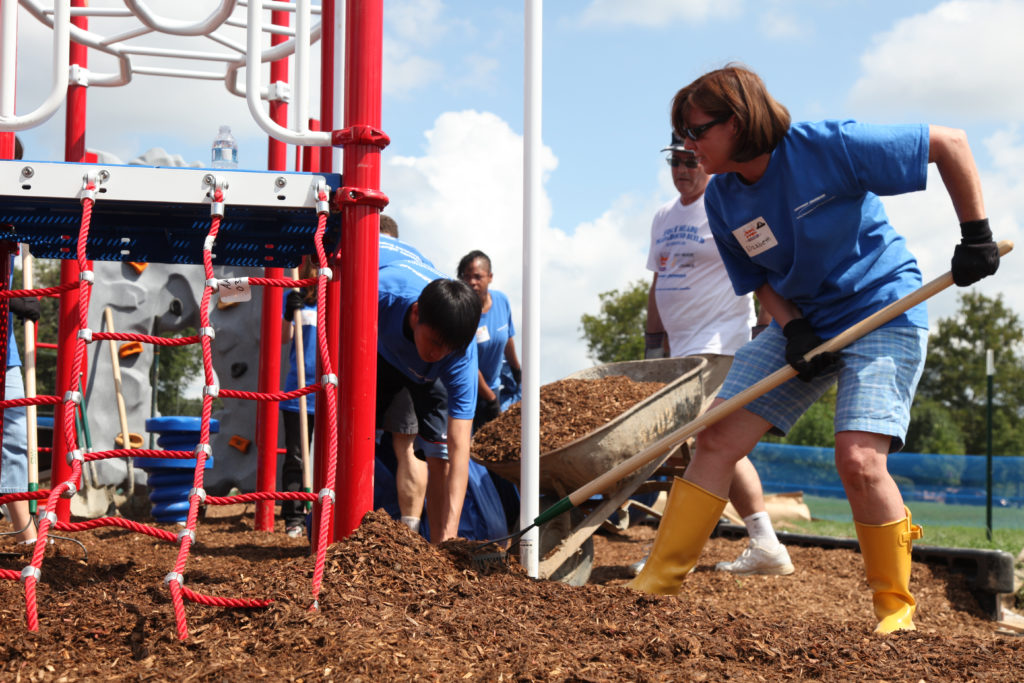
How to Volunteer Responsibly?
Volunteering is a great thing to do. But if you don’t choose your experience wisely, you could end up doing more harm than good – both for the people you’re trying to help and yourself.
Workplaces offering paid volunteer days for retirees wishing to contribute after retirement and their employees, with record numbers of students looking to gain valuable work experience – there is a growing demand for volunteering positions.
We want you to have the best experience possible if you’re interested in volunteering and make sure neither the people you’re trying to help or you are taken advantage of during your adventure.
Here are some tips on volunteering responsibly and having a truly positive impact:
Research, research, research
It’s important to know as much as possible about the organization you plan to volunteer with – their ethics, their vision, their mission and whether you’re a good fit. Are they a registered charity? Do they have annual reports?

If there’s a participation fee, ask questions
A participant fee has most volunteering trips, as long as you know where the money is going that’s OK. About this, organizations should be transparent and if they’re not, ask yourself whether it’s worth the risk of falling your hard-earned money into the wrong hands.
If you’re not qualified to perform a skilled job, don’t do it
You may have read about teenage students building schools, installing pipes and laying bricks – but many of these projects are taking jobs from local contractors and some have to be redone soon after the students have gone. The same theory can be applied to nurses, teachers, and all skilled positions – they require training and education to provide the best outcomes for children and to be performed well. Volunteers also report feeling stressed and overwhelmed while performing tasks that are out of their skillset.
Sign something!
How long is the project? What is included in the volunteer fee (if there is one) – transport, food, housing? What hours are expected from you? To protect yourself to don’t run into any trouble ask for and sign a contract of understanding.
Will the community benefit long term?
Is your volunteer role taking a job that could be filled by a local worker or are you doing work without building the skills of the community so they’re empowered to do it in the future? If the answer is yes, then you should think of other ways you can help the community. Maybe a donation to a registered, reputable charity who is providing training and long-term sustainable development would be a better option or ask if you can provide training to local staff to up-skill them in that area if you have a specific skill.
We don’t want to discourage volunteering at home or overseas – far from it. We just need to make sure the needs of communities and children are put first, and volunteers are protected from corrupt operators around the world. Unfortunately, there are crooked schools, charities, and orphanages who are exploiting families and children to make a profit, and we don’t want them to take advantage of kind-hearted, generous volunteers.
